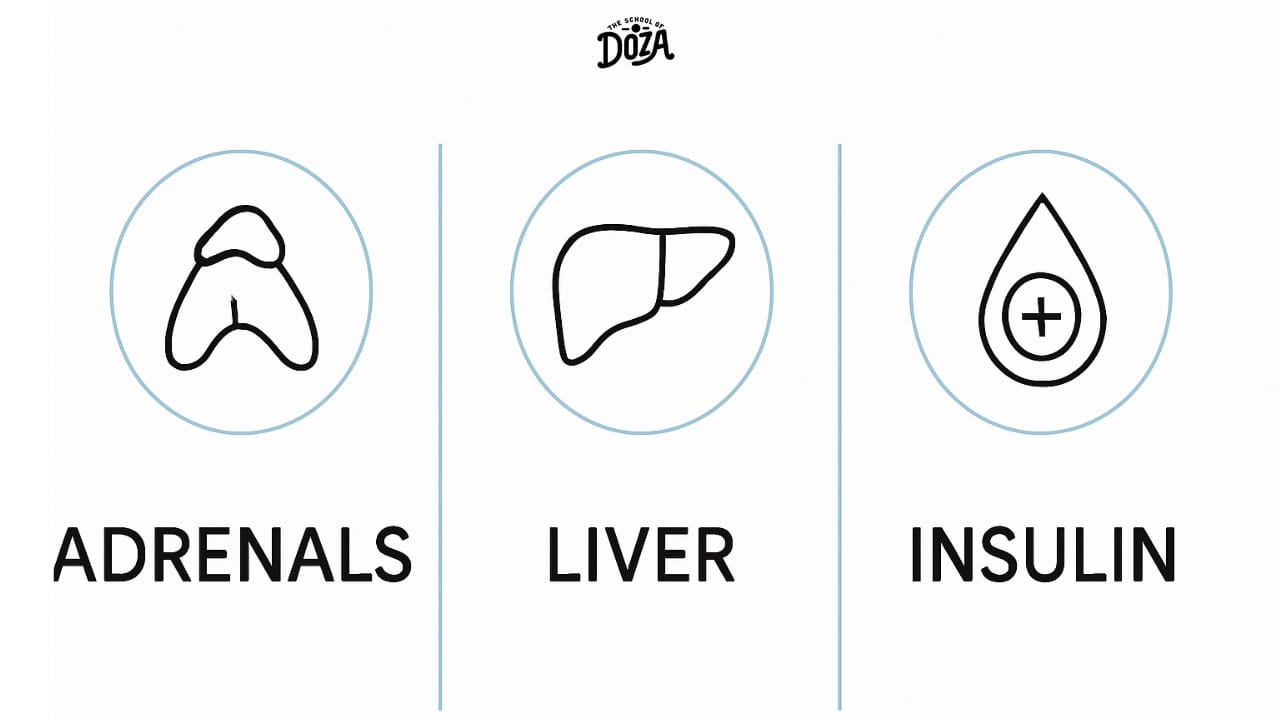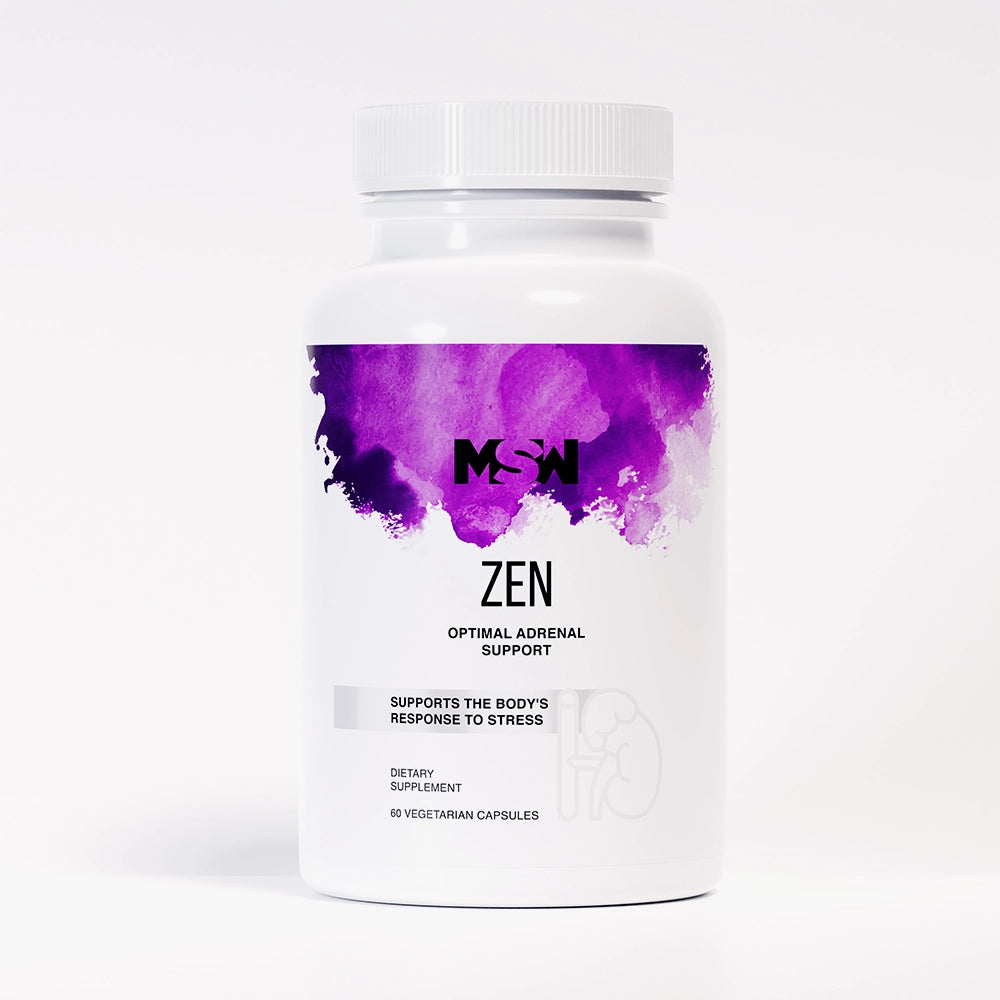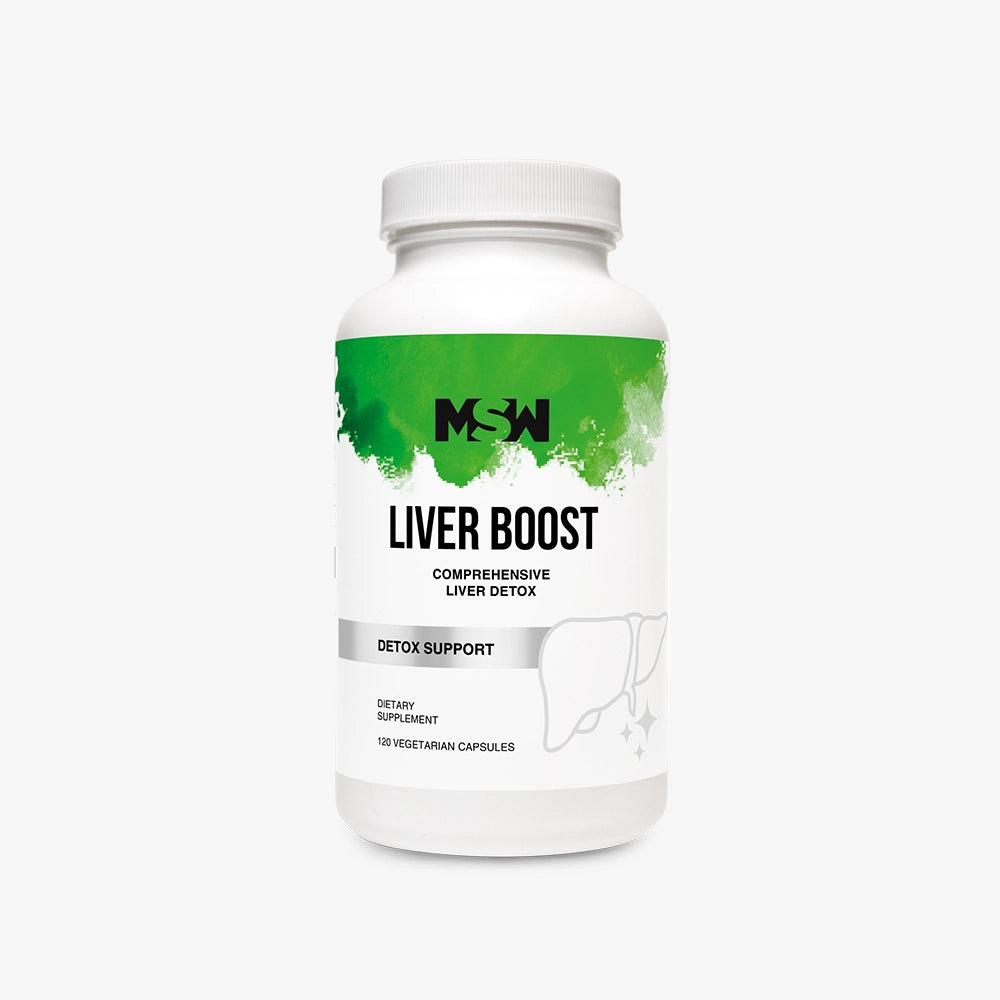Hello wonderful community!
I am excited to have you here reading this newsletter where you provide the health questions and I provide the health answers. (Yes — these are real questions from you, and real answers typed by me!)
Today’s newsletter is all about labs and blood work. I am a HUGE believer in ordering routine labs to address health issues early, to track progress, and to help people finally understand what’s going on inside their body. You are your best health advocate — and these labs will help guide you.
Before we get started, I wanted to let you know that I am always available for an online or in-person consult. I have helped thousands of people with weight loss, hormones, digestive issues, fatty liver, fertility, autoimmune disorders, heart health, blood sugar, stress, and sleep. I can review your labs, order new labs, and walk you through diet, nutrition, and lifestyle changes tailored to your needs.
That is true healthcare.
Book a session at nursedoza.com/consults.
Here’s what we’re covering in this week’s questions:
DHEA-S & Fatigue: The adrenal lab most doctors ignore
GGT & Fatty Liver: The test you must add to your yearly labs
A1c vs Insulin: Why most people never see diabetes coming
Thank you for being here.
Now on to the questions!
GLP-1s Are Everywhere — This Is the One We Trust
We’ve partnered with Shed, the same brand behind the NAD+ shots you already love, to offer our readers $50 off your first month.
🧬 Clinically trusted. No hype. No shortcuts.
🎯 Use code DOZA50 at checkout
Q: Nurse Doza, I saw your video about a lab test that could explain why I'm tired all the time. I begged my doctor to order this test and it came back at 39! What do I do now? And why don’t doctors order this test?
A: I wish more doctors understood the importance of the adrenal glands. Chronic stress depletes them over time — and that depletion often shows up as low energy, poor sleep, low resilience, brain fog, and hormone imbalances.
The best lab to measure adrenal function is: DHEA-S
Optimal Range:
150–300
• >300 = spike from recent stress
• <100 = chronic stress + depletion
Low DHEA-S shows up most often in:
Menopause
Chronic stress
Poor sleep
Past trauma
Long-term inflammation
To improve DHEA-S, focus on calming and restoring the nervous system.
How to raise DHEA-S (and your energy):
Daily belly breathing
Binaural beats
Vibration plate sessions
“Legs on the wall” yoga pose
Morning sunlight
Dark, cool bedroom for sleep
Bovine adrenal gland support (ZEN)
Recheck DHEA-S yearly — and keep healing your nervous system.
Extra credit: watch our “Develop a Stress Management Plan” podcast.
Q: Nurse Doza, I have a fatty liver. My doctor told me that from a recent scan of my liver but I don’t understand. I always get my yearly labs done and they usually check the liver and I’ve been told everything looked fine. What do I need to do going forward? Can this be reversed?
A: Nurse Doza: Yes it can. Tracking fatty liver with the right labs can make a difference. The lab I use to measure fatty liver is the GGT test. This test is not usually ordered with the standard liver panels but it should be.
My ideal range for GGT:
12-20
If GGT is 20-40 then it could be “pre” fatty liver.
>40 = fatty liver
I have seen a high GGT (fatty liver) come down over time with diet, supplements and lifestyle.
How to reverse a fatty liver:
1. fast (24-36hrs) weekly, biweekly or monthly. (if you want to start fasting, our online school is hosting weekly group fasts for our students. Join here for free!)
2. Diet: Mediterranean diet
3. Supplement: our LIVER BOOST (2-4x/day)
4. Sweat/get cold weekly
5. Fix your gut
7. Recheck your labs (I can do this for you and go over the results with you).
8. Make sure to order yearly ultrasounds of the liver and/or fibro scans to see if there are any positive physical changes to the liver.
Extra credit: GGT can tell us a lot more than fatty liver (watch our 3 min podcast on GGT to find out more).
Need More Energy, Focus, or Recovery?
NAD+ is essential for cellular energy, brain health, and aging—but levels drop as early as your 20s.
Shed’s NAD+ vials deliver clean, fast-acting support to help boost metabolism, improve recovery, sharpen focus, and helps OPTIMIZE YOUR LIVER.
🧬 Try it for yourself and get 40% off with code DOZA40 at Tryshed.com
Q: Hi Nurse Doza! I just got my labs back and my doctor just told me that I’m pre diabetic and my numbers need to come down. I'm worried about getting diabetes since it runs in my family. I'm not ready to take Ozempic yet but I know this is a wake up call. Where should I start?
A: Nurse Doza: I am guessing the lab the doctor was talking about is hemoglobin A1c. A number at 5.7 or higher means you’re pre diabetic. A number at 6.0 or higher means you are now a type 2 diabetic. But high blood sugar isn’t the problem. Insulin resistance is and this is what I worry about long term with diabetes.
Most doctors only order A1c to determine the risk of getting diabetes. The problem is insulin resistance can begin 10-15 years before a diagnosis of diabetes comes along. Getting lab work that includes fasting insulin should always be ordered when one is monitoring the risk of diabetes. An A1c could barely change over years, but fasting insulin is a better indicator of diabetes risk and should be the main focus in addressing and managing type 2 diabetes.
Optimal Fasting Insulin: <8
Remember, insulin resistance can start as early as your teenage years so don’t wait till your 40 to finally get your fasting insulin ordered and under control.
How to regulate insulin:
Fast: 24-36 hrs. Weekly, bi weekly or monthly. (if you want to start fasting, our online school is hosting weekly group fasts for our students. Join here for free!)
Low glycemic diet. The Mediterranean diet is ideal.
Eat real food when hungry. (Watch our “Leptin resistance” podcast)
Cold exposure: the goal is to shiver (this heats up fat cells and makes them brown)
Take supplements:
- Berberine,
- Alpha Lipoic Acid
- Resveratrol
all which have been shown to help blood sugar and insulin. There's benefits to taking them with and without food.Lift weights. Cardio raises blood sugar. Weight lifting lowers it.
Recheck your labs every 3-12 months
Extra credit: watch our “the importance of hormones and blood tests for optimal health” podcast (we talk alot of insulin and inflammation!)
Your body is always talking — labs are simply the language it uses.
If you learn what these markers mean, you can change the entire trajectory of your health. If you need help ordering or interpreting your labs, I’d be honored to guide you.
To your health,
Nurse Doza





